by Tom Gibson
A very busy, single career woman friend of mine is planning her permaculture garden. What, she asked me, could she plant that would be really easy to harvest and eat?
She’s a yogurt-for-breakfast kind of person, so my first thought was berries. Raspberries are easy to harvest and freeze, and only require a bit of care in the early fall disposing of spent canes and trimming new ones to encourage multiple fruiting stems.
Red and black currants are others that require even less work and could be sweetened with honey to eat with that yogurt.
She also eats a lot of greens. So I suggested Turkish rocket, a perennial that also requires minimal care. In early June, its buds form broccolis that can be harvested multiple times, and its leaves are also good in stir fries.
A second would be lovage. (She reads this blog and liked the possibility of lovage in pasta. See link: http://www.gardenopoliscleveland.org/2015/10/recipe-corner-lovage-pasta/).
Some easy-to-grow annuals would include swiss chard and kale.
A quasi-ground cover for her sunny location would be yarrow, whose young feathery leaves are good in salads and whose flowers can, depending on the cultivar, bloom a variety of colors.
My co-editor Ann McCulloh suggests June-bearing strawberries, as well as peppermint, spearmint, lemon balm, violets (flowers and leaves),
and daylilies. The buds of the latter are excellent in stir fries.
Then there are the perennial stand-bys, asparagus and rhubarb. Once planted, they grow for 20+ years.
Walking onions are also a good one-to-one substitute for scallions, with the advantage that they come up first thing in the spring, even as the snow is melting, and are available to eat through November. In August, they form seed bulbs at their tops, lean over and plant themselves–thus the name “walking” onion. Once again, little or no care required and constant warm weather availability.
Finally, no permaculture garden would be complete without at least one “dynamic accumulator” (or fertilizer plant) and one nitrogen fixer. For the former, I’d pick sterile Russian comfrey, the one non-edible in this group. It simply does too good a job of building soil to ignore–and is attractive.
For the latter, I’d pick sea buckthorn, whose berries make a great, high-antioxidant juice. The plant is dioecious, which means that you must separately plant both one male and up to seven females to get fruit.
How’s that, my friend? This would be a combination of fruits and vegetables that practically serve themselves!
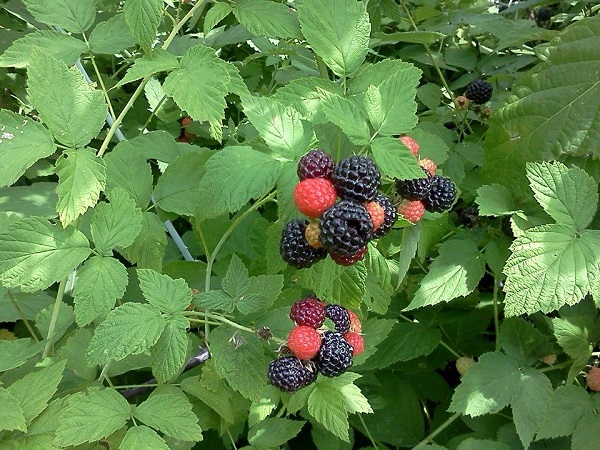
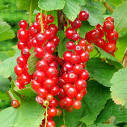
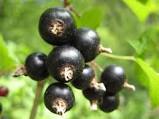
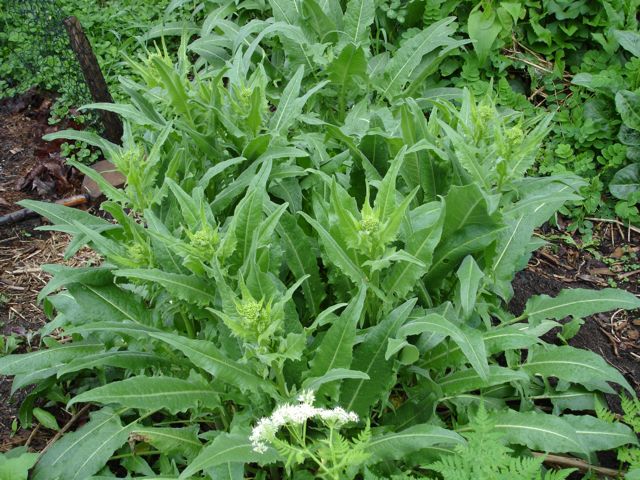
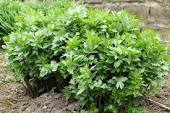
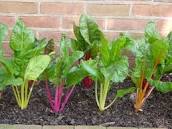
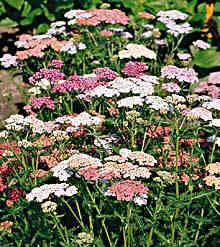
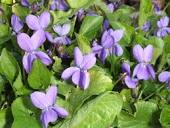
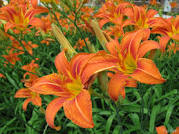

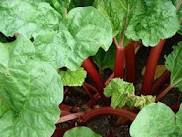
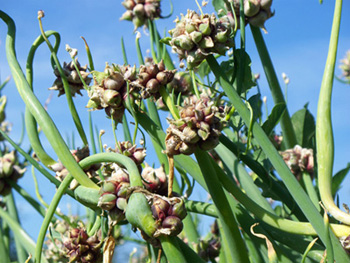
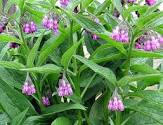
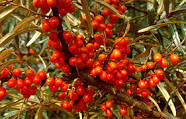
Thank you so much, Tom! I love this list! This will be the garden that keeps on giving 🙂 Now one question – is there still time to plant any of these now?
You could plant the currants and the sea buckthorn. Let’s talk.